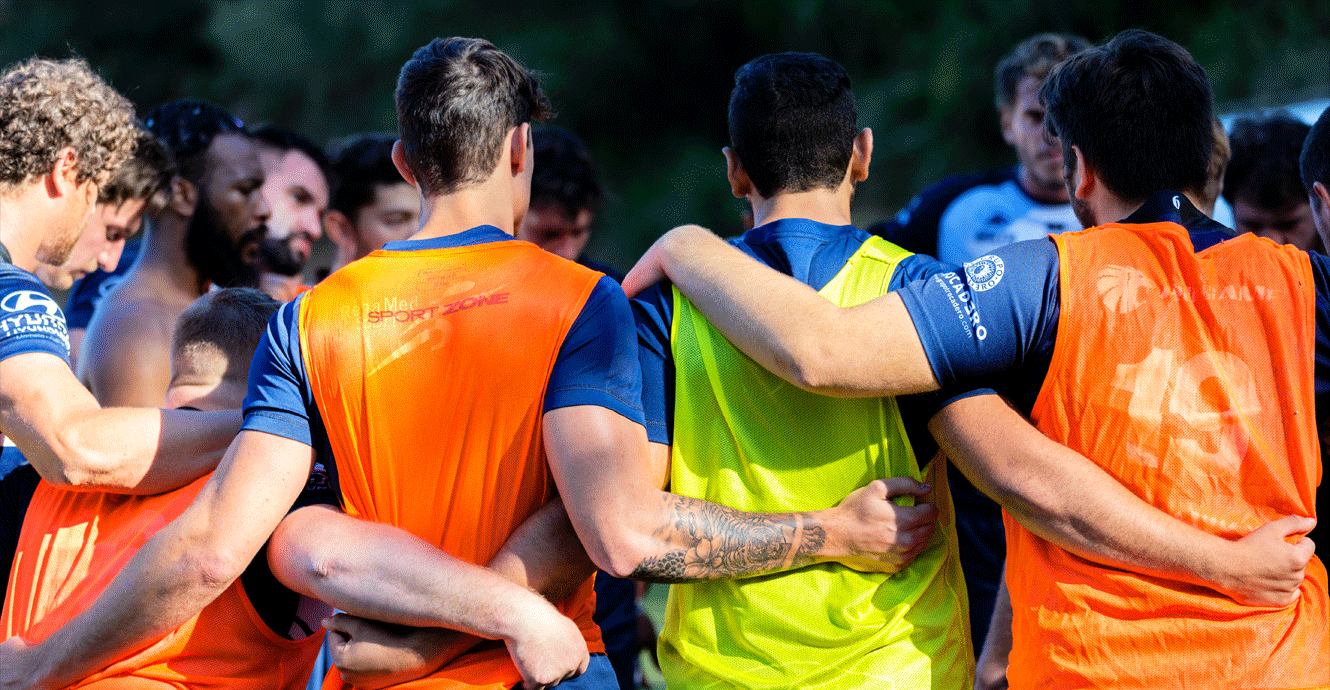We use cookies to make your experience better. To comply with the new e-Privacy directive, we need to ask for your consent to set the cookies. Learn more.
Athletes returning to play

Let’s get real - we haven’t been practicing the way we usually would with our team. Yes we do the sessions and the tick the runs off but the intensity is probably not the same. AND that’s okay, but with the return of play on the horizon, we need to get prepared. And we need to get our nutrition on point!
If you are due to go back training in the next few weeks, your energy requirement will be increased and because of this your energy input should also be increased!
Remember - you are an athlete, so you need to eat like one.
Here are my top tips to help you perform a your best when training starts:
1. Increase carbohydrates
- Carbohydrates are the bodies main source of energy. If you are training and requiring a lot of energy – carbohydrates are going to be your best friend
- Carbohydrates are stored in the liver and muscles as glycogen. When exercising these glycogen stores give us the energy to perform,
- A low carbohydrate diet = low glycogen stores and decreased performance!
- The longer/ harder the session, the more carbohydrates you will need
- If you are training for more than 60-90 minutes at a hard intensity, you need to drink/eat carbohydrates to replenish the glucose and energy stores that are being used
2. Prioritise recovery
- When we exercise and workout, we break down our muscles
- To build them back up and to enable the muscles to grow and get stronger we must start muscle protein synthesis after exercise. The easiest way to do this is by ingesting protein after a workout!
- Increasing carbohydrates after your session will help replenish the stores you just emptied from your training
- Focus on your sleep and aim to get at least 8 hours a night
- Stretch before and after every session
- Try ice baths/ warm Epsom salt baths, or use a foam roller/ massage gun to prevent soreness the next day or DOMS (delayed onset muscle soreness)
3. Prepare in advance
- Start your hydration strategy a week before your training is due to begin. You do not want to have poor performance because you are dehydrated
- Dehydration can affect your cognitive ability on the field, your jump hights and your RPE! (Bring hydration tablets with you and have a dioralyte on hand encase you do need it).
- Pack extra snacks for your training to ensure you don’t go hungry
- Increase your carbohydrate stores the day before to get those glycogen and energy stores up!!
4. Calorie intake
- Your training is going to be harder, you might be going straight back into pre-season, the demand on your body will be higher- this means we need extra calories to meet this demand
- If you have been eating less because your training has subsided, make sure this is not the case leading up to training
- The few days before your training starts back, focus on nourishing calories and foods that will help you compete and perform at your best
- If we want to have enough energy in the tank, we must have the energy stores full to begin with!!
If you want to perform, you must eat to perform!!

